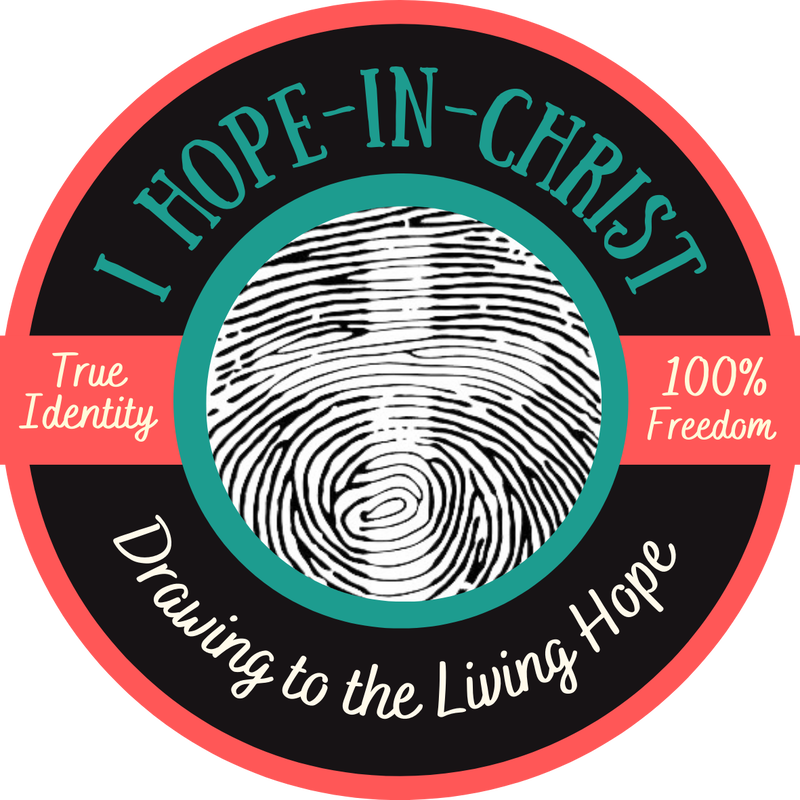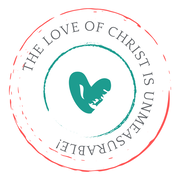As we reach the halfway mark of the year 2020, the sixth month, the world is a much different place that it was in January. Since the onset of the COVID-19 pandemic, there has been fear, worry, chaos and uncertainty about our present and future. Our everyday lives have been affected in several ways. During these challenging times, we’ve been given orders from government officials to stay home. We’ve adjusted how we teach our children, how we work and worship. Our social interactions are limited to specified physical distances, and we are advised to wear face coverings.
If that wasn’t enough, there have been peaceful protest marches, rallies and prayer vigils to shine a light on recent acts of social injustice in America. There have been riots, looting, threats of force by military service. Amid all this, it seems the wealth gap gets wider, and those who need services and care are less likely to receive them. The Have’s and Have Nots couldn’t be more apparent. America is indeed in a crisis. That includes the church and Christians as well. However, let us keep in mind this is not the first time. The American Revolutionary War produced the Thomas Paine quote “These are the times that try men’s souls.” This quote is still echoing throughout the nation today.
During these perilous times, what are Christians to do? We can safely assume that prayer is the principle thing. If we look with our spiritual eyes, we can see God is still operating during our crisis. Prayers are being answered. There are more churches than ever using social media platforms to minister to their congregations. I believe that evangelism is going forth to those who have strayed away or stayed away from the traditional church. Ministry has truly gone beyond the walls of the church building. Sometimes God must force us to change.
However, is there more that we can do? Let us remember that times of calamity are not new to us which means they are no surprise to God either. The Bible has many examples. The book of Micah gives us clear guidance on what God requires of the church. The message came forth during a time when Israel and Judah were both so rebellious that Micah called them to repent and turn back to God. The social iniquities of that day were like what we are experiencing now.
Micah 6:8, the "Micah Mandate," holds the answer to today's spiritual and social questions. "What does the Lord require of you? To act justly, and to love mercy and to walk humbly with your God." Regardless of your denomination, ethnicity, your title or position, we must all yield to the will of the Lord.
Throughout the Bible, the Hebrew people, and later, Christians, are called to act justly. End oppression. Take care of the poor. Treat foreigners in your land the same as your own people. Provide assistance for widows, orphans and those who need your help.
We as Christians are to love mercy. We are quick to ask God to show us mercy. Like children, we ask that He not deal with us as we rightfully deserve in times of disobedience. How mindful are we of others to show mercy? In the practical sense, we are to exhibit mercy by being kind. This is a quality that has to do with compassion, forgiveness, and leniency. If convicted of a crime, you might plead for the judge's mercy, meaning a lesser punishment. If you are in a position of authority, remember to show mercy.
Lastly, we are to walk humbly with God, meaning allow Him to lead. If we act justly and love mercy, we will most likely walk humbly with God. If we do those things, it means we surrender our will to God. Without Him we can’t do anything successfully for the Kingdom. We may have a good idea but without his blessing, it’s not a God idea.
I believe that just as in Micah’s day, we must seek God as our Source, our Strength and our Guide. There must be a direct connection between our faith and social concerns. If we practice the basic principles of Micah 6:8, we will show the world that we are Christians by our love.
Minister Pamela Nance Johnson






